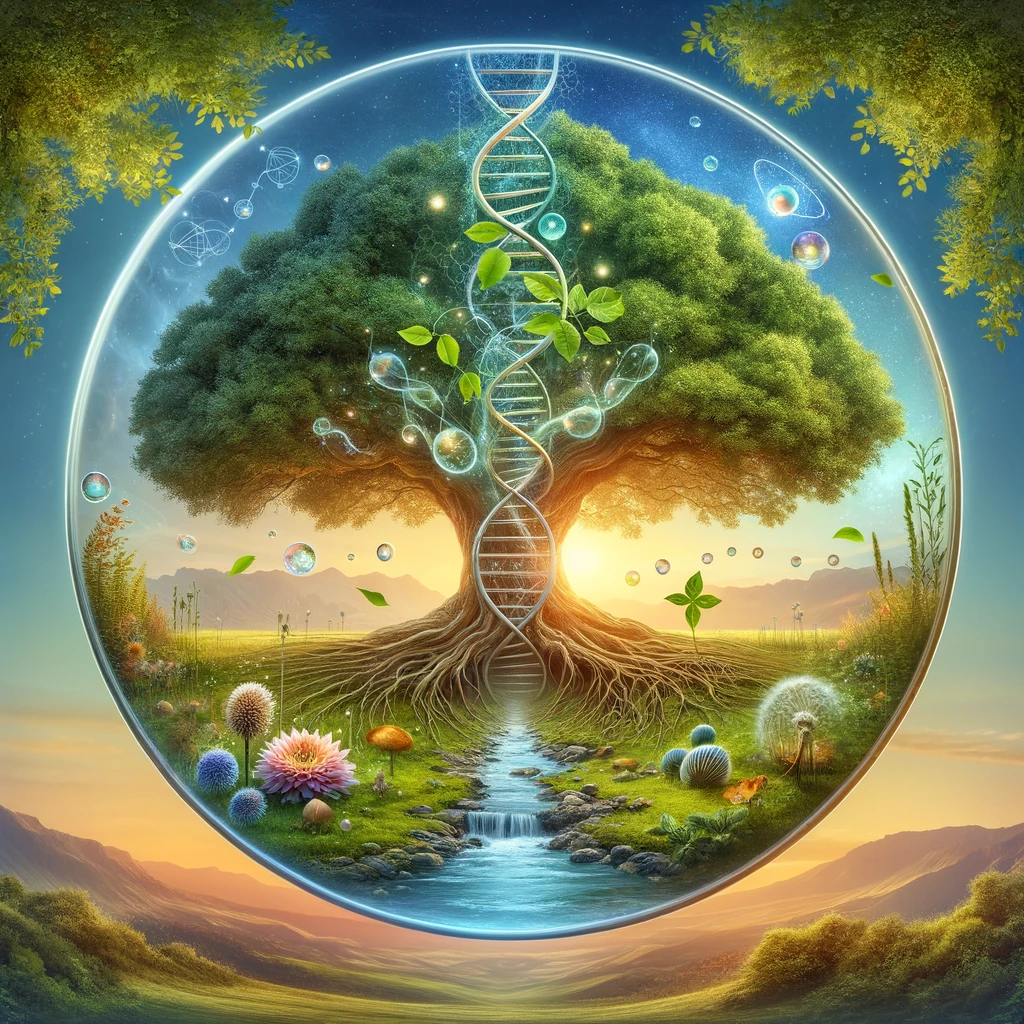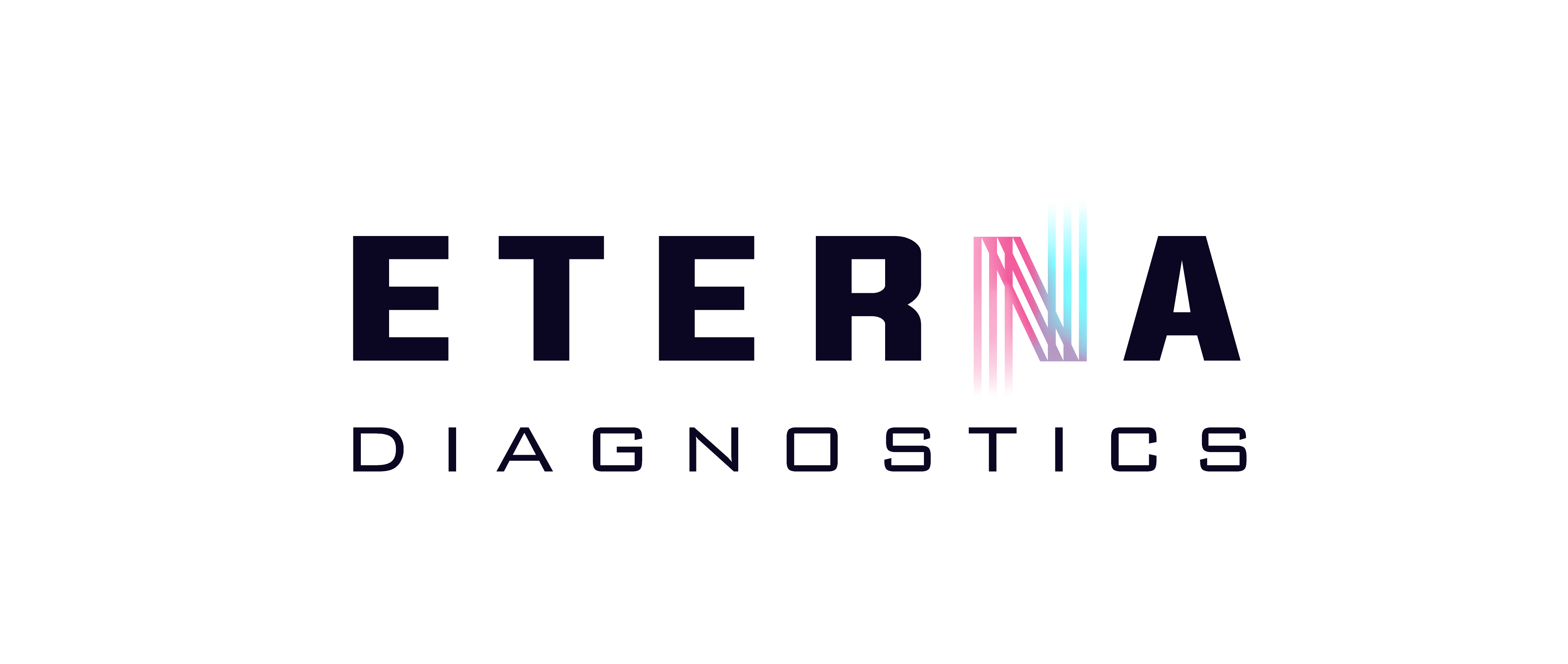
Myths of Aging and Biological Age
Society is enshrouded in a web of aging myths, fostering misconceptions that often lead us to underestimate the importance of maintaining a healthy, active lifestyle as we age. This article aims to debunk the most prevalent myths surrounding aging and biological age, demonstrating how we can challenge these notions to lead a fulfilling and vibrant life, regardless of the number of candles on our cake.
AGING MYTHs
“CHRONOLOGICAL AGE DETERMINES AGING.”
Many believe that the number of years we’ve lived dictates our health and vitality. However, biological age, which reflects our bodies’ internal functioning, can vary significantly among individuals of the same chronological age. It’s crucial to understand that our health isn’t solely dependent on our trips around the sun. Genetics, lifestyle, and self-care greatly impact how we age. A combination of healthy habits can shatter this myth, keeping both our body and mind in shape.
“AGING MEANS BECOMING ILL AND DISABLED.”
It’s a misconception that aging inevitably brings diseases and disabilities. This myth must be dispelled to promote a positive view of aging. A healthy lifestyle can significantly reduce the risk of chronic diseases and help us maintain our independence. Biological and chronological ages are not the same. Our choices can greatly influence how we experience our years.
“AGING IS IRREVERSIBLE.”
While we can’t stop aging, we can impact how it affects us. Regular physical activity, a nutritious diet, mental stimulation, and emotional balance are essential. Acknowledging that aging is natural allows us to fully embrace life at every stage.
Debunking aging myths is crucial for viewing the years ahead with optimism. Biological age reflects how well we take care of our body and mind, not just the years we’ve accumulated. By questioning erroneous beliefs and adopting healthy habits, we can enjoy a vibrant life at any age. Let’s remember that aging well is an opportunity for growth and fullness of life.


